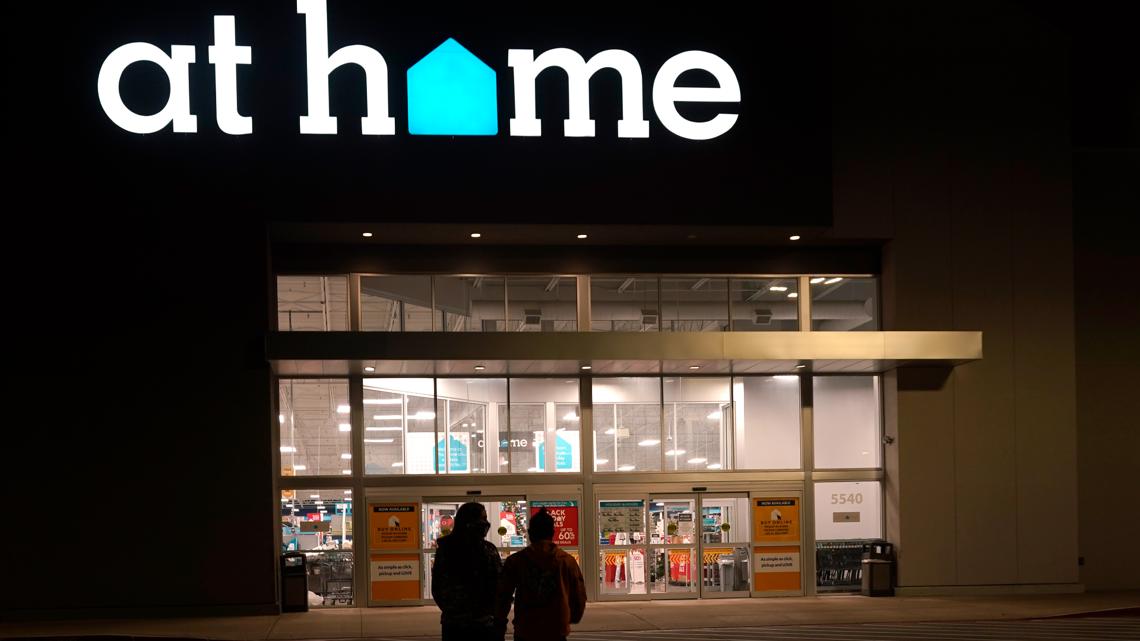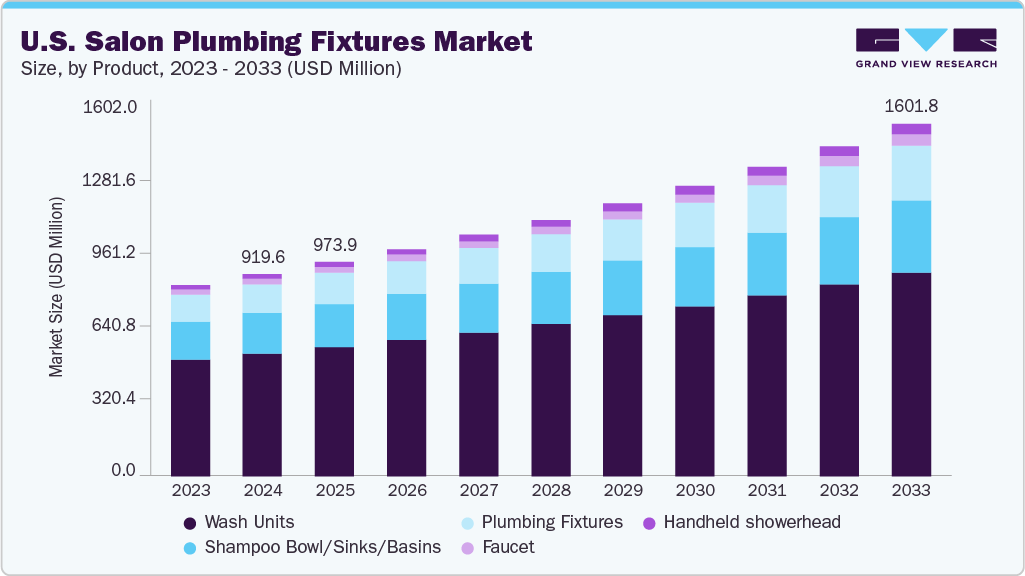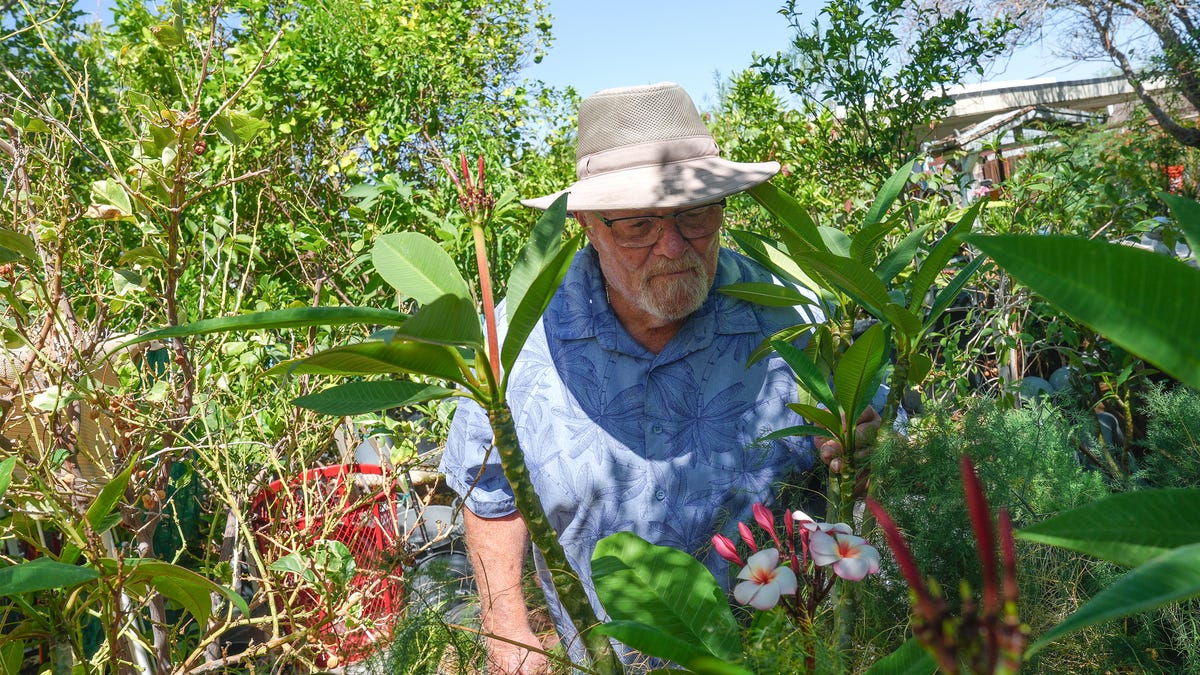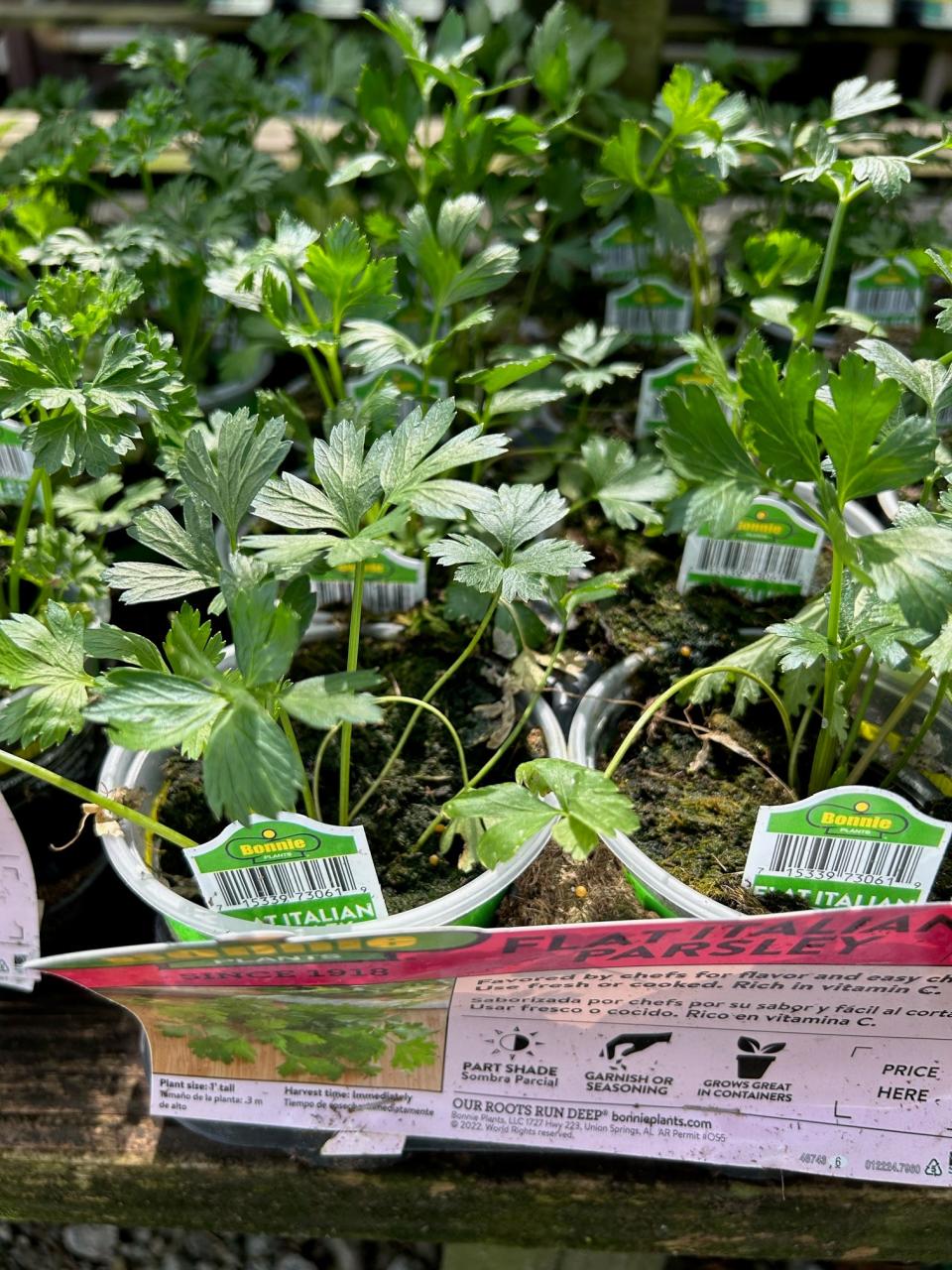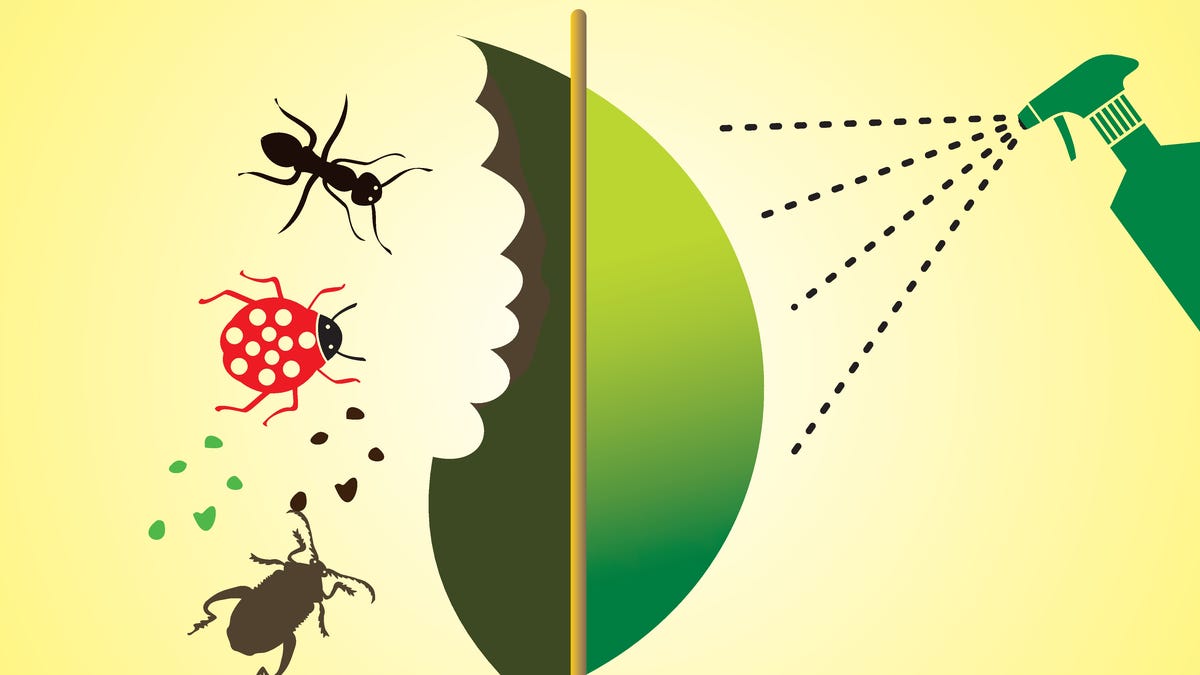Container gardens offer an unlimited array of options regarding creativity and species of plants for those with limited gardening space.
Suzanne Holmes, program assistant with the University of Georgia Extension, said a number of fruits and veggies do well in containers.
“Tomatoes, peppers, and eggplant all do well in containers,” said Holmes. “Herbs also do well, especially mint since it tends to be invasive in the garden. Lemons are probably one of the best fruits. I’ve been growing eight in containers. I have them set up on trickle irrigation.”
Trickle irrigation involves the slow release of water to each plant through small plastic tubes.
Holmes said most vegetables will do well in a container. But a quality soil which tends to be on the expensive side is needed.
“I use a little bit of organic matter in mine,” said Holmes. “I usually mix a little bit of compost, chicken manure and cow manure in my soil. It helps provide the necessary amount of nutrients needed to grow.”
A number of vegetables can be planted right now for the Fall season:
-
Broccoli takes 60-80 days to mature, needs to be planted between Aug. 1 – Sep. 1;
-
Kale takes 50-70 days to mature, needs to be planted between Aug. 1 – Sep. 1;
-
Carrots take 70-95 days to mature, needs to be planted between Aug. 20 – Sep. 15;
-
Cabbage takes 70-120 days to mature, needs to be planted between Aug. 1 – Oct. 1;
-
Radish takes 25-30 days to mature, needs to be planted between Sep. 1 – Oct. 15;
-
Spinach takes 40-45 days to mature, needs to be planted between Sep. 1 – Oct. 15; and,
-
Onion takes 60-90 days to mature, needs to be planted between Sep. 1 – Dec. 31.
The first step is picking the right container. There are a variety of options including clay, wood, plastic and metal. The ideal container must be big enough to support the plant when it’s fully grown and has adequate drainage.
Holmes said it’s OK to pair vegetables together in the same pot.
“If you have a big enough container you can pair, for example, a tomato with some herbs,” said Holmes. “Herbs work well because they won’t get too big.”
Attitudes are changing: Read how bats are actually a huge benefit for people and crops
Pollinator census: UGA needs your help tracking bees, butterflies and other pollinators in its annual census
Holmes said sunlight is important when growing produce.
“Vegetables need six to eight hours of sunlight,” said Holmes. “Make sure to protect them from the hot afternoon sun. If you can give them some late afternoon shade from the hot sun they won’t dry out.”
Holmes said lemons and berries are the easiest to grow.
“A lot of people plant lemons and blueberries,” said Holmes. “There are so many different varieties. You can also do pomegranates in a pot. I’ve had people call in to say they’ve planted grapefruit.”

Travis Still, owner of North Augusta Feed and Seed, said tomatoes are made for containers.
“We sell 20 different types of tomatoes and (one-fourth) of those are made for containers,” said Still. “Some tomato plants can get up to 6 to 8 feet. The tomatoes made for containers will get up to 3 feet. Any type of peppers also do well in containers.”
Still said the extreme heat can negatively impact your garden no matter what you’re growing. Adequate watering is key.
“There are vegetables that do better in warm weather and others that do better in cool weather,” said Still. “Most of what we grow here does well during the warmer months. Tomatoes, peppers, cucumbers, squash, watermelons, cantaloupes. But no vegetable likes it is outside the way that it is now. It doesn’t matter if you’re doing one pot or a 500 acre field. It’s too hot.”
This reporting content is supported by a partnership with several funders and Journalism Funding Funding Partners.
Erica Van Buren is the climate change reporter for The Augusta Chronicle, part of the USA TODAY Network. Connect with her at [email protected] or on Twitter: @EricaVanBuren32.
This article originally appeared on Augusta Chronicle: Container gardening offers an array of options for gardeners

